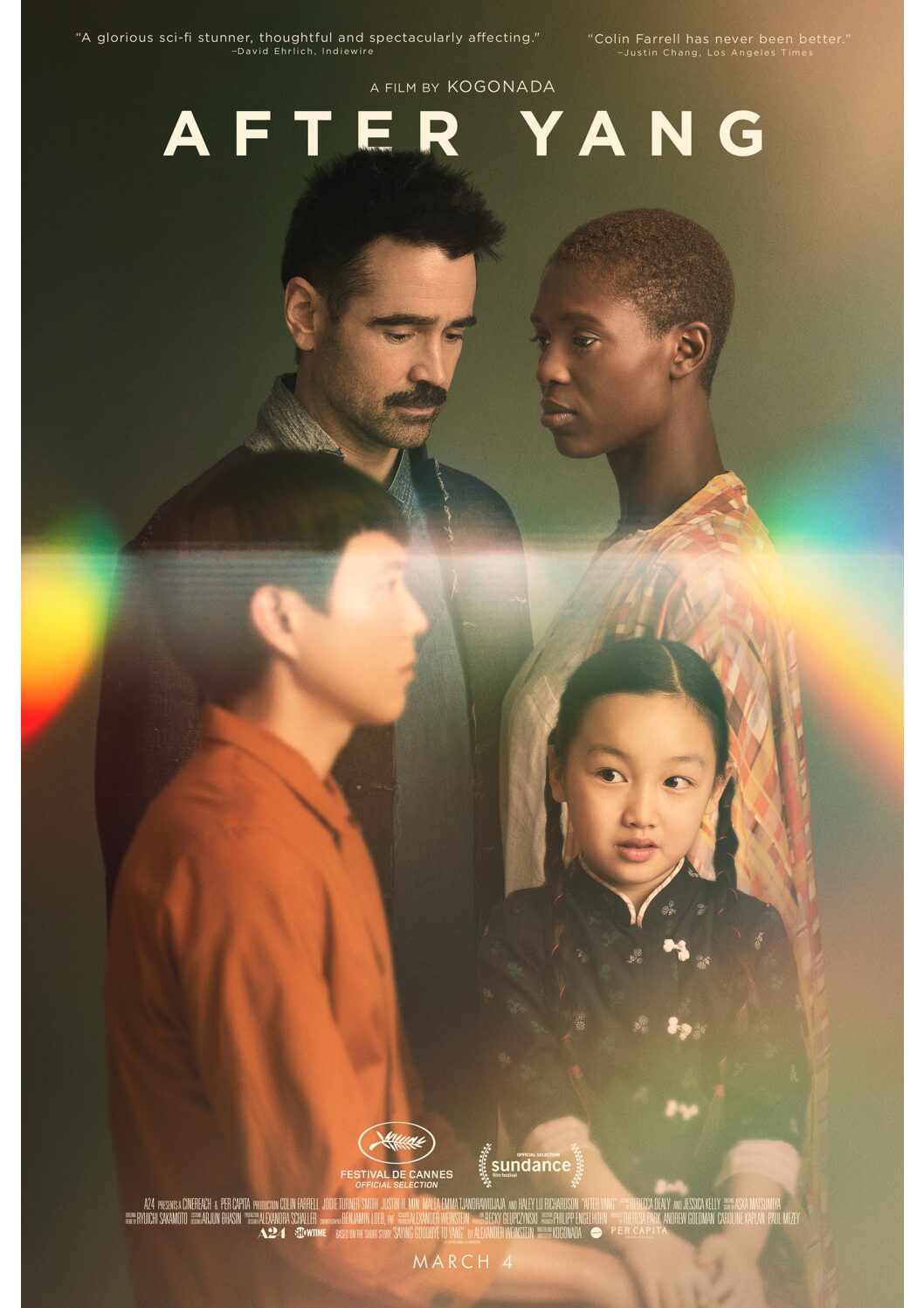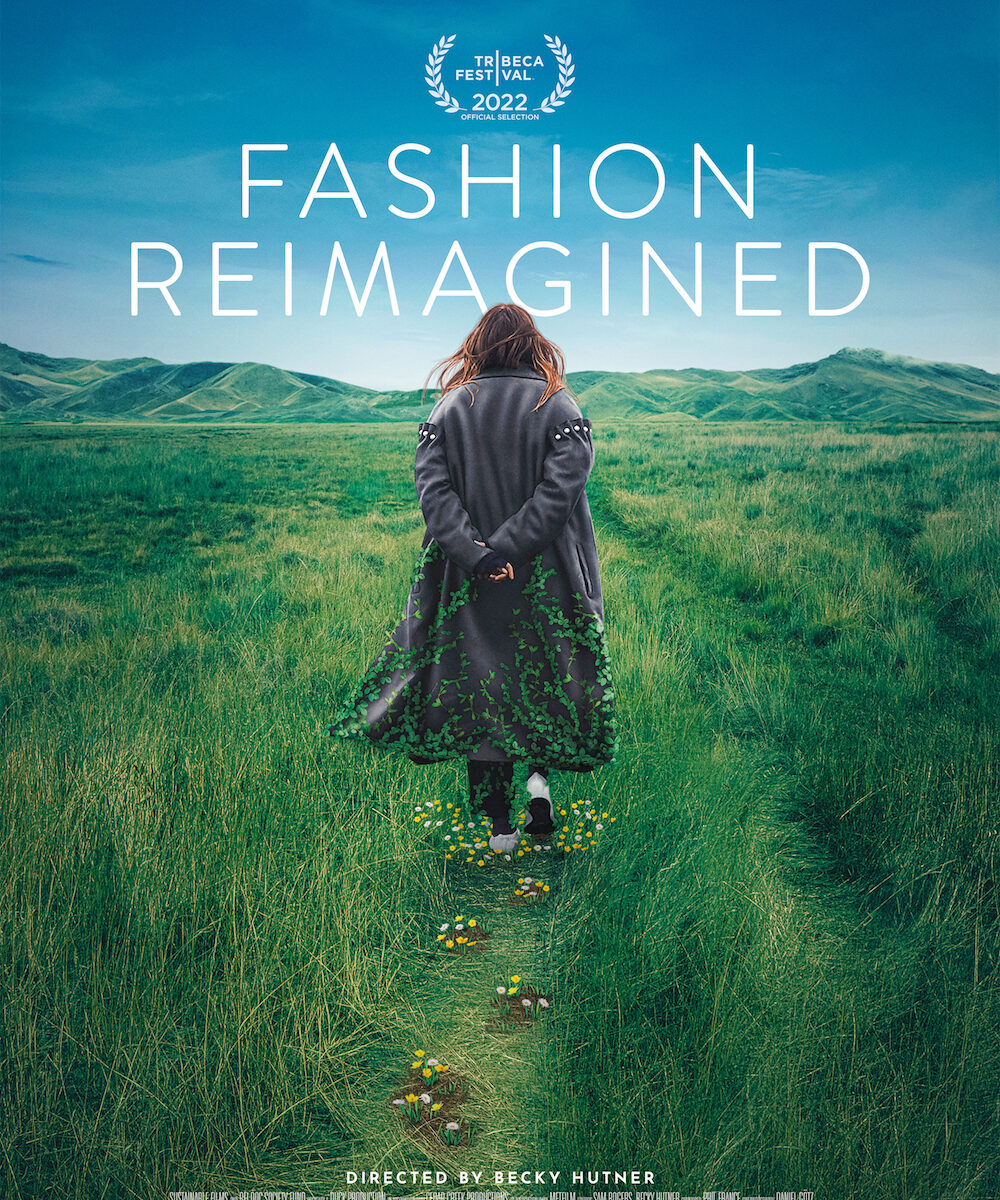Martin McDonagh’s ‘The Banshees of Inisherin’ portrays a quant Irish island on which best friends Padraic (Colin Farrell) and Colm (Brendan Gleeson) go for a pint everyday at 2pm until one day when Colm does not show up. Seemingly out of nowhere, Colm simply decides he no longer wants to be friends with Padraic. This understated but effective comedy brings the comedic duo of Farrell and Gleeson back together. Reminiscent of McDonagh’s ‘In Bruges’ the pair bounce off each other easily in this slightly darker comedy. The rural setting of this fictional island amid civil war adds an element of tension throughout the film. As the former best friends quarrel, a war wages on in the background. Padraic lives with his sister who insists to Padraic that Colm is just in a bad mood, and he will soon snap out of it. Underneath the light-hearted comedy, Colm’s sudden dislike towards Padraic becomes more sinister. Colm decides he has no time for Padraic’s dull chatter and would rather spend his final years concentrating on his music. Things take a dark turn when Colm threatens to cut of his fingers every time Padraic attempts to make conversation with him.
The Banshees of Inisherin will leave you laughing but also questioning your potentially slightly dull long term friendships.




